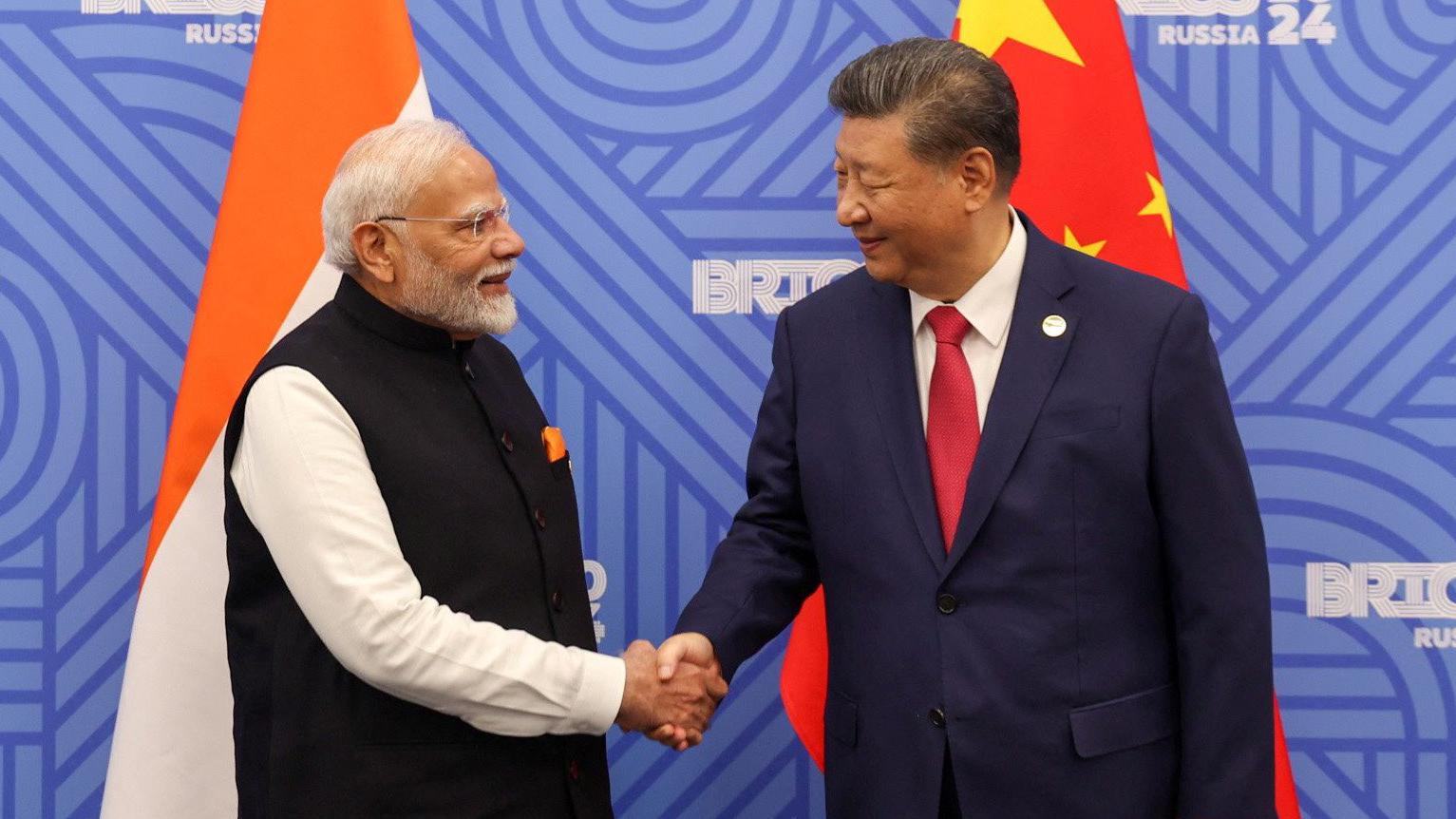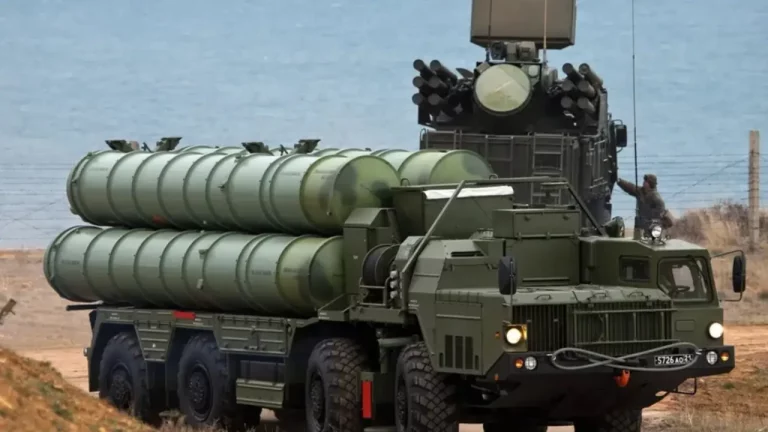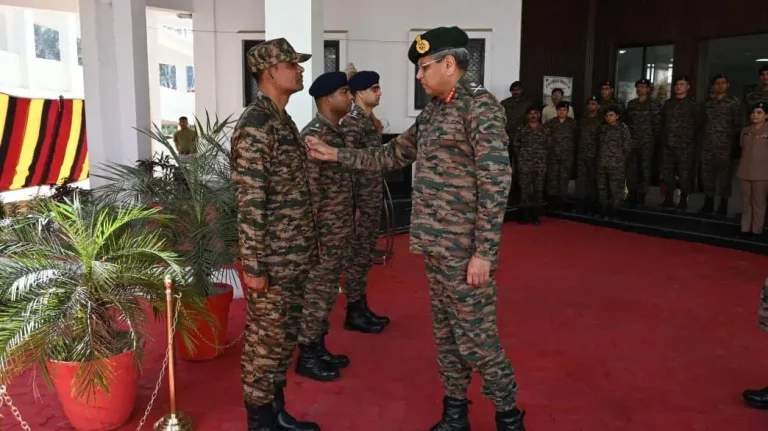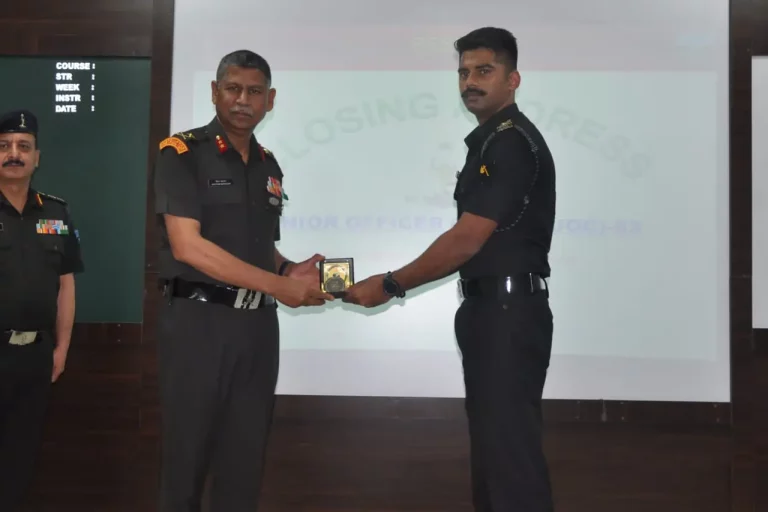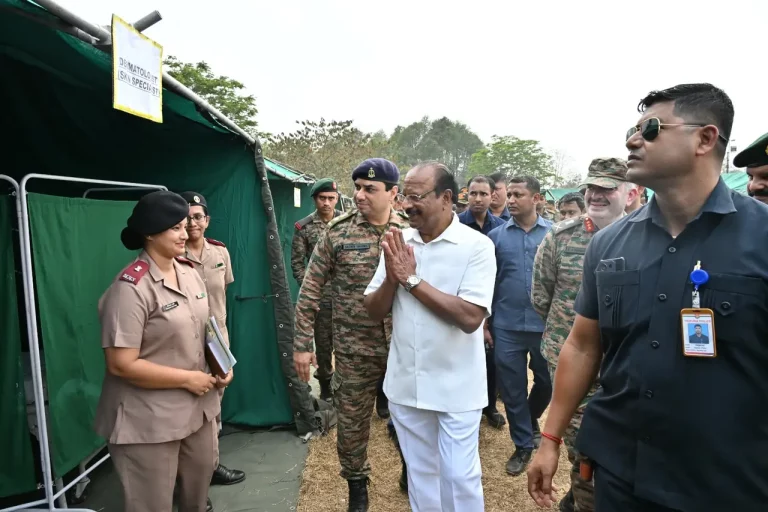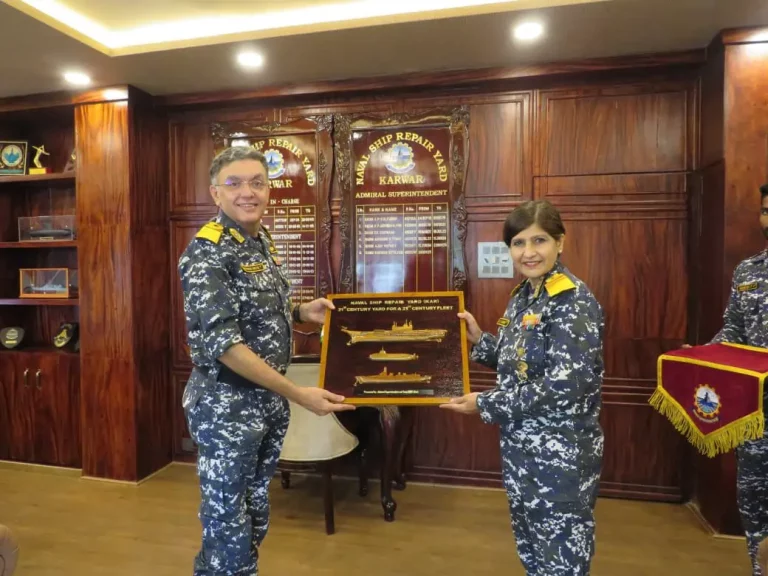Prime Minister Narendra Modi is set to embark on a significant visit to Tianjin, China, from August 31 to September 1 to attend the Shanghai Cooperation Organisation (SCO) summit. This trip marks his first visit to China since the highly publicized Galwan clash in 2020. The Prime Minister’s last official visit to China occurred in 2019; however, he did meet with President Xi Jinping on the sidelines of the BRICS Summit in Kazan in October 2024.
The timing of this visit is particularly notable given the current geopolitical landscape. Amid rising tensions, the United States, under President Donald Trump, has imposed steep tariffs on India and is exerting pressure on New Delhi regarding its oil imports from Russia. Analysts suggest that Modi’s renewed engagement with China is part of India’s strategy to balance relationships among major global powers.
The backdrop of this summit is complicated by China’s ongoing support for Pakistan and the ramifications of the tragic April 22 Pahalgam terror attack, which resulted in the deaths of 26 individuals. In a previous meeting, Defence Minister Rajnath Singh chose not to sign a joint statement at the SCO that omitted mention of the Pahalgam attack while referencing Balochistan, a move seen as aligning with Pakistan’s narrative. Nevertheless, China later condemned the terror attack following the U.S. designation of The Resistance Front—a proxy group of Lashkar-e-Taiba—as a foreign terrorist organization.
During the SCO summit, leaders from ten member states are anticipated to address critical issues such as counterterrorism, regional security, and trade cooperation. There is also speculation about potential bilateral discussions between PM Modi and other prominent leaders, including Russian President Vladimir Putin and Chinese President Xi Jinping.
Since their meeting in Kazan, India and China have undertaken steps to de-escalate border tensions. One indicator of improved relations has been the resumption of the Kailash-Mansarovar Yatra pilgrimage, which underscores a desire for enhanced engagement between the two nations.
Established in 2001, the SCO aims to foster regional stability and cooperation among its member states, which include Belarus, China, India, Iran, Kazakhstan, Kyrgyzstan, Pakistan, Russia, Tajikistan, and Uzbekistan. As Modi prepares for his upcoming visit, the outcomes of discussions at the summit will likely play a crucial role in shaping the future of regional dynamics and India’s position within this multilateral framework.
